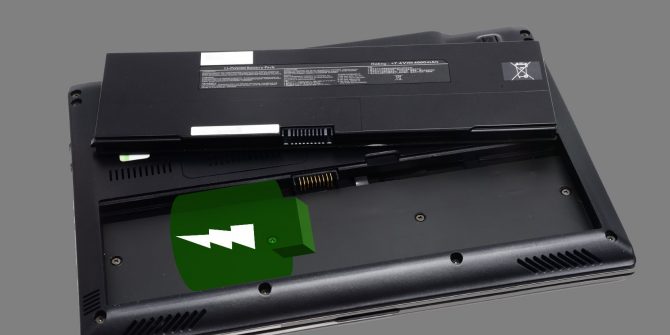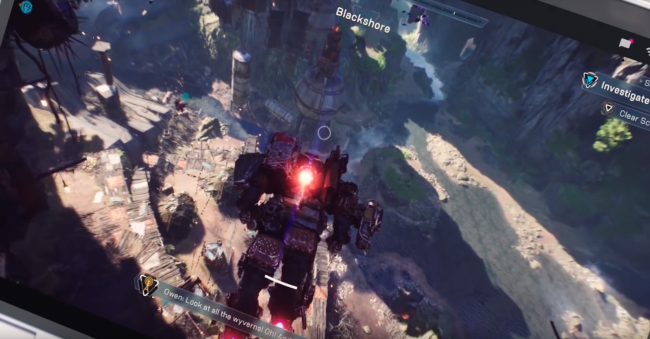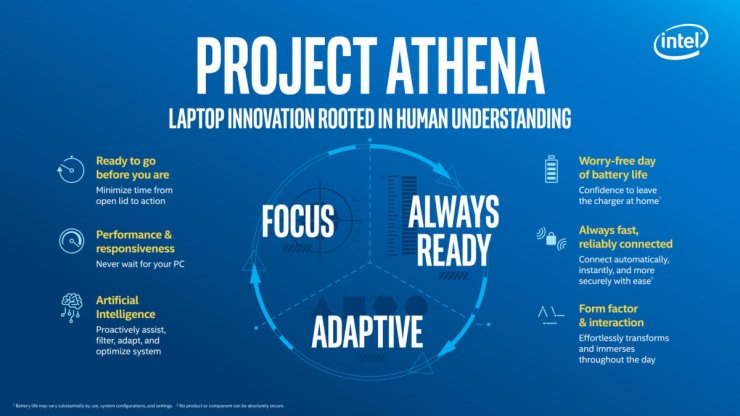Just two weeks ago, Intel has showcased its ninth generation of Core mobile processors which are intended to be used for notebooks. They have shown us some teases about the main idea of the initial design of Project Athena. It is a concept that will bring many positive things to our gaming laptops hopefully. In fact, Project Athena is the successor of the Ultrabook spec which was inspired by MacBook Air back in 2011. However, this time the project is focusing on improving the battery life of our laptops instead of making them as thin as possible.
The batteries of our laptops suck

Usually, all the hardware producers will say that their laptops will have around 9 - 10 hours of working time on screen in a real-life situation. But as we all know, many companies based that claim on an ideal environment where there are no demanding tasks like web browsing, playing games, and video streaming. With Project Athena, Intel is looking to alter this approach by introducing a new validation program. This program will put the laptops to the test with simulated multi-tasking on a well-lit screen.

Surely, Intel will help its partners to understand more about this expectation. In the next few weeks, Intel is opening three Open Labs for Project Athena which will test and certify different devices. They will open the labs in ShangHai, California and Taiwan at the same time as the Computex event. We can hope to see the first certified batch of laptops in the next year. Some early announcement for Project Athena laptops are coming with Y- and U series processors and Ice Lake 10nm processors of Intel.
Project Athena

One solution that the companies could use to boost up the battery life of their laptops is to replace the traditional display which is very power-hungry. According to the suggestion of Intel, the display could consume up to 50 percent of the battery life of a laptop. Intel suggests choosing one-watt LPDT. In fact, it was made by Intel in collaboration with Sharp. The idea is to bring as many as OEMs on board.
Aside from giving a longer battery life for your next notebooks, Project Athena also aims at increasing the responsiveness of the co-developed systems. They want to allow the users to resume and stops task without any interruption.
Intel first revealed Project Athena back in the CES this January.
















Comments